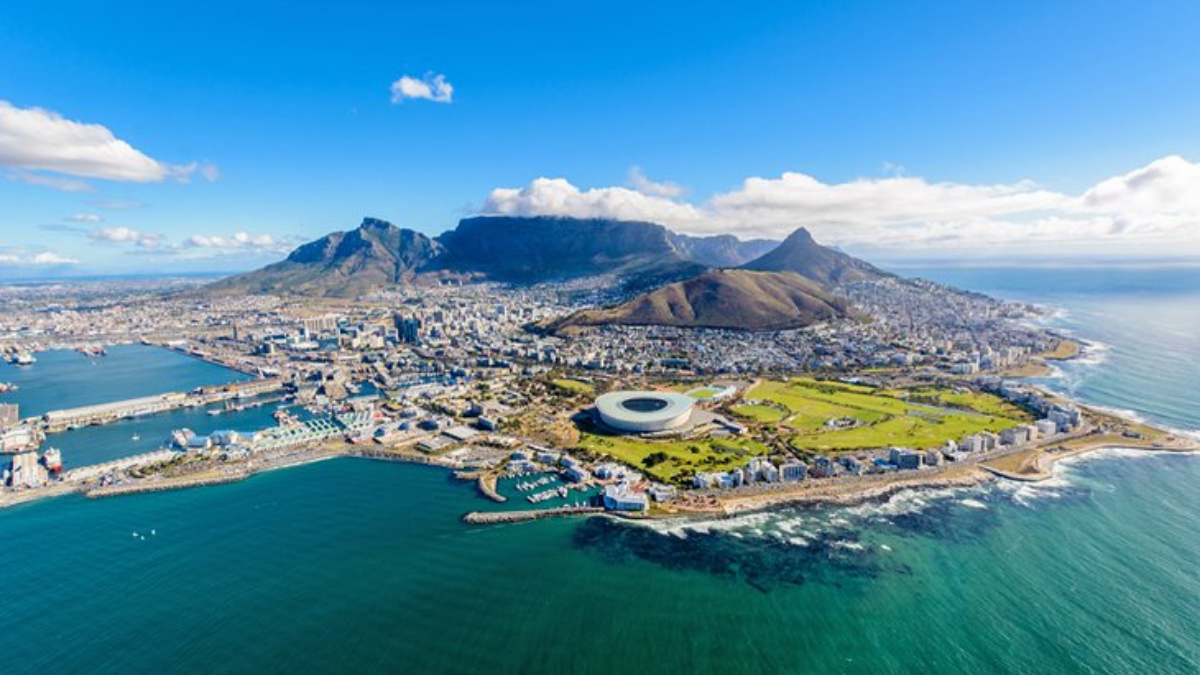For many organisations, business survival in a COVID-19 world has relied on their ability to reduce costs quickly. One way to lower costs and ensure business continuity in the wake of future disasters is to outsource key activities to affordable offshore locations.
Traditionally, Australian companies have outsourced key functions ranging from back-office administration and finance functions to customer acquisition and retention, service desks and software development to service providers in India or the Philippines.
While language skills were sometimes a hurdle, large teams of skilled staff were able to quickly be trained and put to work on specific projects.
However, during the COVID-19 pandemic, some Australian companies encountered challenges when their teams were either unavailable due to lockdown or became infected with the virus. In some cases, productivity took a nosedive disrupting both the operations and customers. As a result, increasing numbers of companies are looking for alternative geographic locations with less risk of operational interruptions.
South Africa emerges as an alternative location
One such location is South Africa. The country’s speedy response to the pandemic and the resultant lockdown saw contact centre services deemed to be an essential service, which helped to build a sense of confidence about business continuity among existing contact centre clients.
The South African market boasts a depth of skills and resources and a range of established third party providers (BPO’s) that can deliver world-class levels of service to organisations operating across a wide variety of business sectors.
Hanumantha Karthik is a Partner at Everest Group; a global research firm exclusively focused on the global business services sector. Hanumantha says, “South Africa is a leading global delivery location for customer experience management, niche domain and next-generation digital devices. The country offers a skilled and young English-speaking workforce, sophisticated and resilient infrastructure, and a strong foundation in contact centre and other niche areas.”
Mat Conn, Chief Revenue Officer at outsourcing firm MerchantsCX, says the South African government understands the potential of the outsourcing industry and has given it its full backing.
“The government has created the conditions that make it possible to operate top-notch centres staffed by skilled and enthusiastic talent,” says Mat.
Mat points to the country’s world-class infrastructure which can support the increasing number of outsourcing companies operating there. Everything from telecommunications where the network is 99.9 per cent digital and includes the latest in fixed-line, wireless and satellite communication through to state-of-the-art buildings and transportation systems.
“Over the past six months and during the COVID-19 disruption, we have demonstrated that we can deliver 24/7 operations with virtually no interruption,” he says.
One question sometimes raised when outsourcing to South Africa is discussed is the time difference with Australia. Some wonder whether it is realistic to expect highly qualified staff to work throughout the night to deliver services to clients on the other side of the world.
“The time difference has not proved to be an issue for us,” says Mat. “Actually, we find that the overnight shifts suit some people. For example, mothers are able to sleep during the day, spend time with their children in the afternoon and then head to work. For them, it’s a perfect setup.”
Mat also points to South Africa’s adherence to global best practices as another reason Australian companies can make use of outsourcing services with confidence.
“There are specific ISO standards for contact centres, and South Africa is actually the convener of those standards,” he says. “South African operators also follow globally recognised guidelines when it comes to data privacy and security, providing even more confidence for clients and their customers.”
The exchange rate between the South African rand and the Australian dollar means services can be delivered more cost-effectively than similar services provided onshore. Industry estimates show South African operations being at least 50 per cent lower cost than an equivalent onshore Australian operation.
Keep up to date with our stories on LinkedIn, Twitter, Facebook and Instagram.

